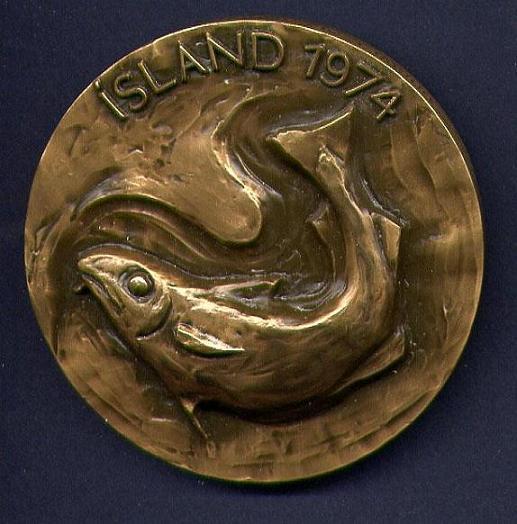BRAC - Military Base Closing Opinion
What good is it to be openminded, if you are limiting your information inputs to what is usually agreable to you? Do what you've always done and get what you've always got goes the old saw. Is the purpose of expressing opinion only to surprise? Except maybe for the National Enquirer, No, not at all. Consider what the Secretary of the Navy has said (from Scientific American, not the National Enquirer):
"Criticism has been made of my not having recommended the abolishment of any of the Eastern yards; but the reason was that, at present,the drydocks in the Eastern yards are a necessity to the fleet.The Eastern yards are located at Portsmouth, Boston, New York, Philadelphia, and Norfolk, and it might be well to include Charleston. It has been sometimes stated that no more than three or four of these navy yards will be actually necessary, peserving, however, the use of all the large docks for government purposes." What he said next is the real surprise (at end of my post).
Which brings up the much villified Lt. Raymond Perry, USN (Ret.) of Soldiers For The Truth, who was the first, I think, to say: "In the late 1980s and early 1990s Congress passed legislation requiring officers to be trained for "Joint Duty" assignments. ...The long-term implications were clear: Ultimately, there would be few submarine qualified admirals." The lesson, let's not be so quick to condemn a guy in the know, on our side!
Well, what does all this have to do with BRAC, you might ask? Rumsfeld now says Base Closings May Be Reduced to only 15% instead of 20%-25%. Why, repatriation of European stationed troops. Read the AP story here. Well, hasn't repatriation been discussed for several years now? Yes! So who besides the AP was not thinking critically? (Hint: look inward).
The Base Closure and Realignment Act of 1988 (P.L. 100-526), or BRAC, relied on an independent commission to make closure recommendations, followed by an “all-or-nothing” fast-track vote for approving proposed closures. Under this system, closures were very difficult to stop once they had been initiated.
Now, I mentioned a surprising statement by SECNAV. Here is more of what he said: "The question as to which of these yards should be maintained and which abolished is so important that it should be thoroughly considered by an unbiased board of experts, having in mind not local interests but only those of the fleet..." 1911, - George v. L. Meyer, Secretary of the Navy [1909-13].
Did the SECNAV have LAWYERS in mind as the independent experts? What about you?


0 Comments:
Post a Comment
<< Home